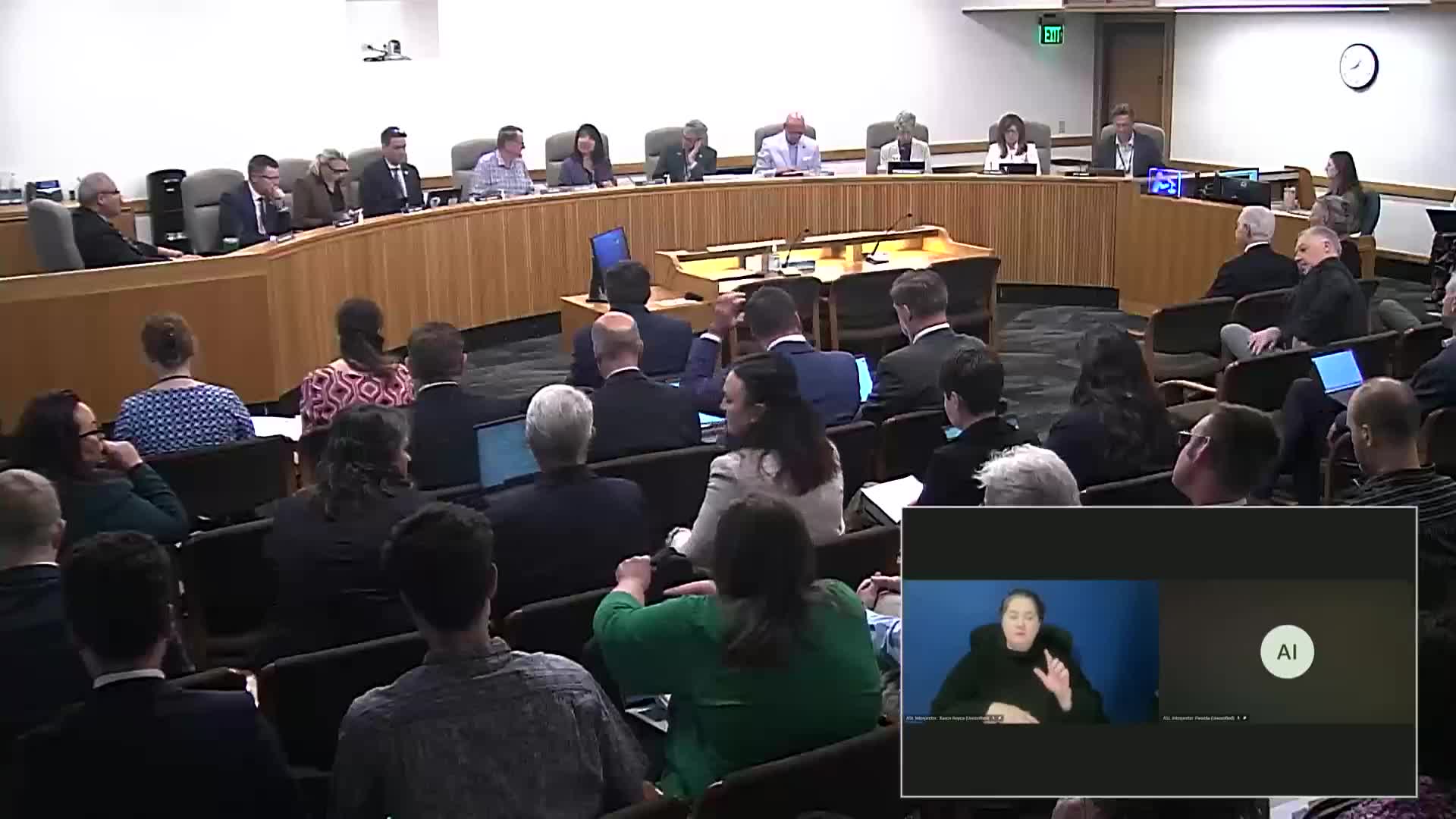Article not found
This article is no longer available. But don't worry—we've gathered other articles that discuss the same topic.
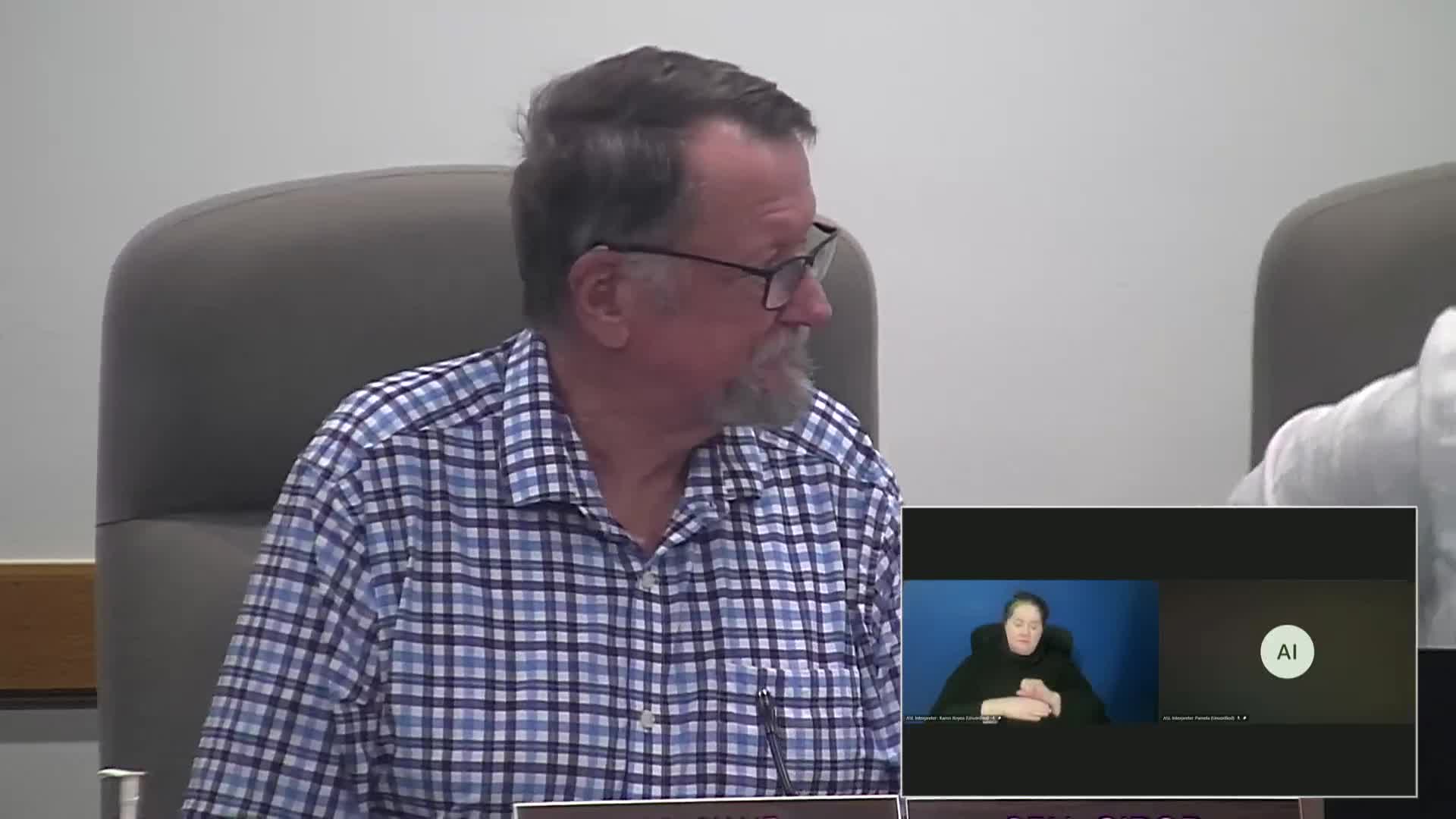
Subcommittee advances bill to create industrial land loan fund to finance site preparation
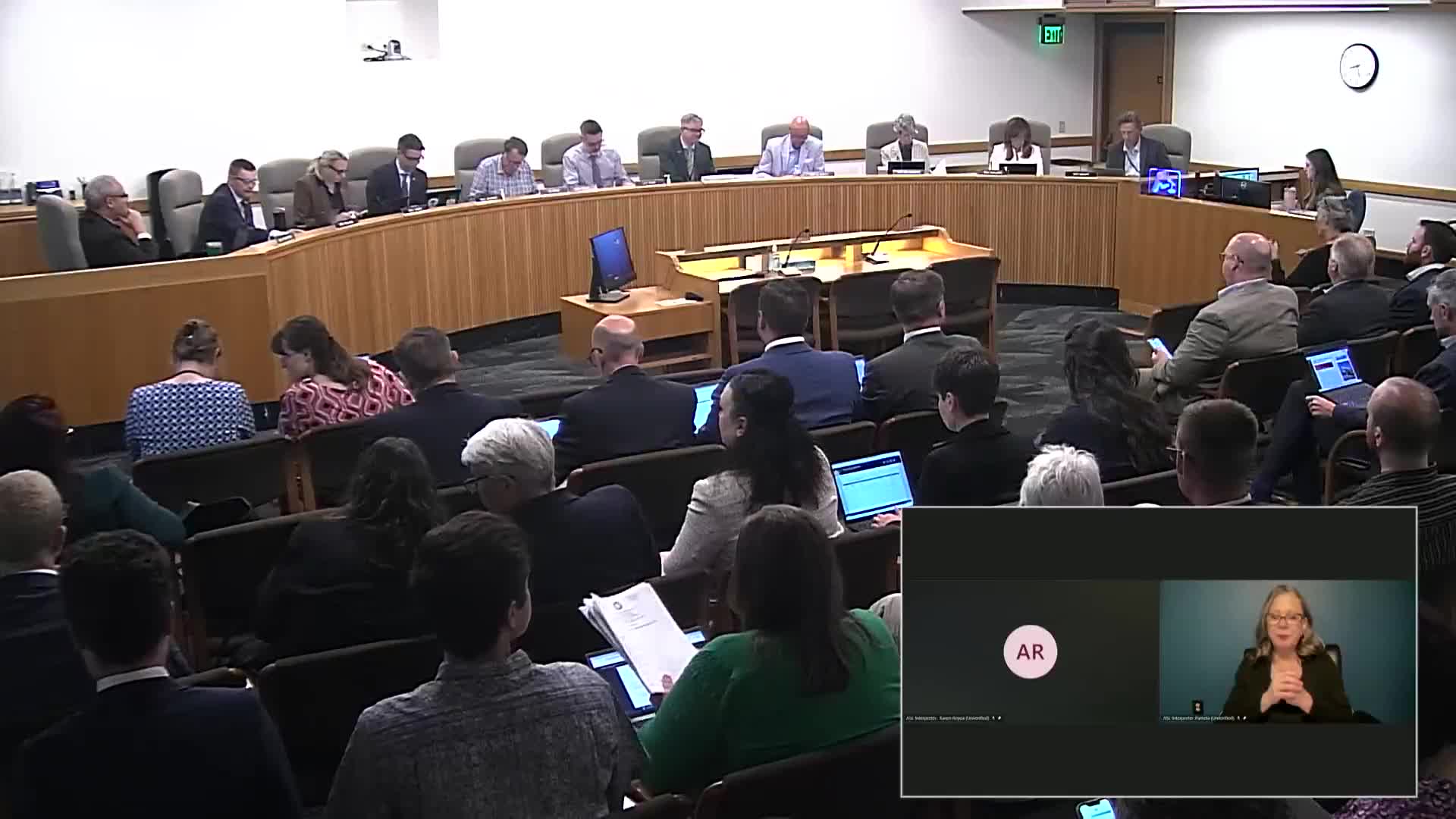
Ways and Means subcommittee advances ODOT budget with position reductions and contingent restorations tied to transportation funding
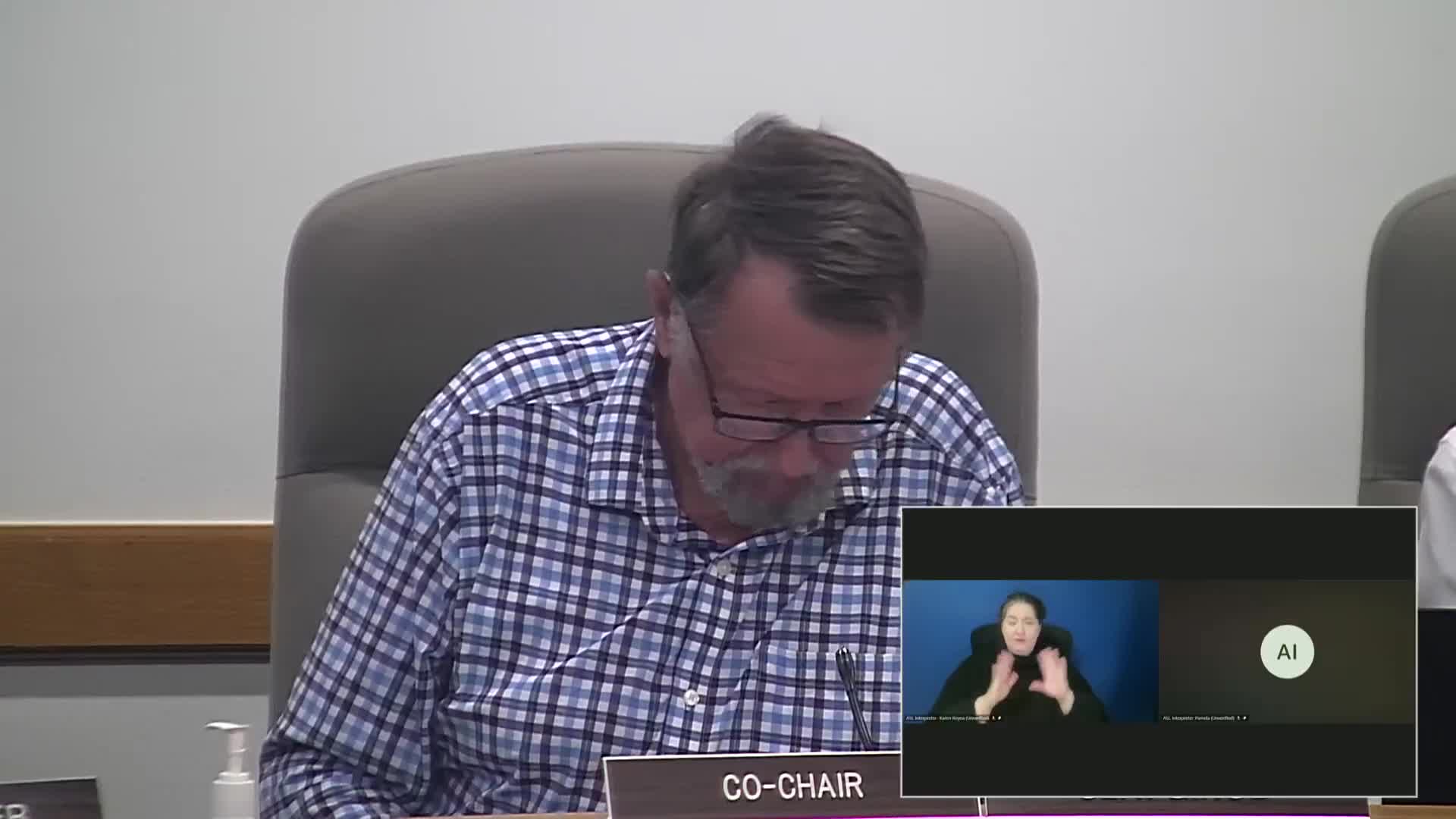
Subcommittee backs creation of housing infrastructure financing program at OBDD
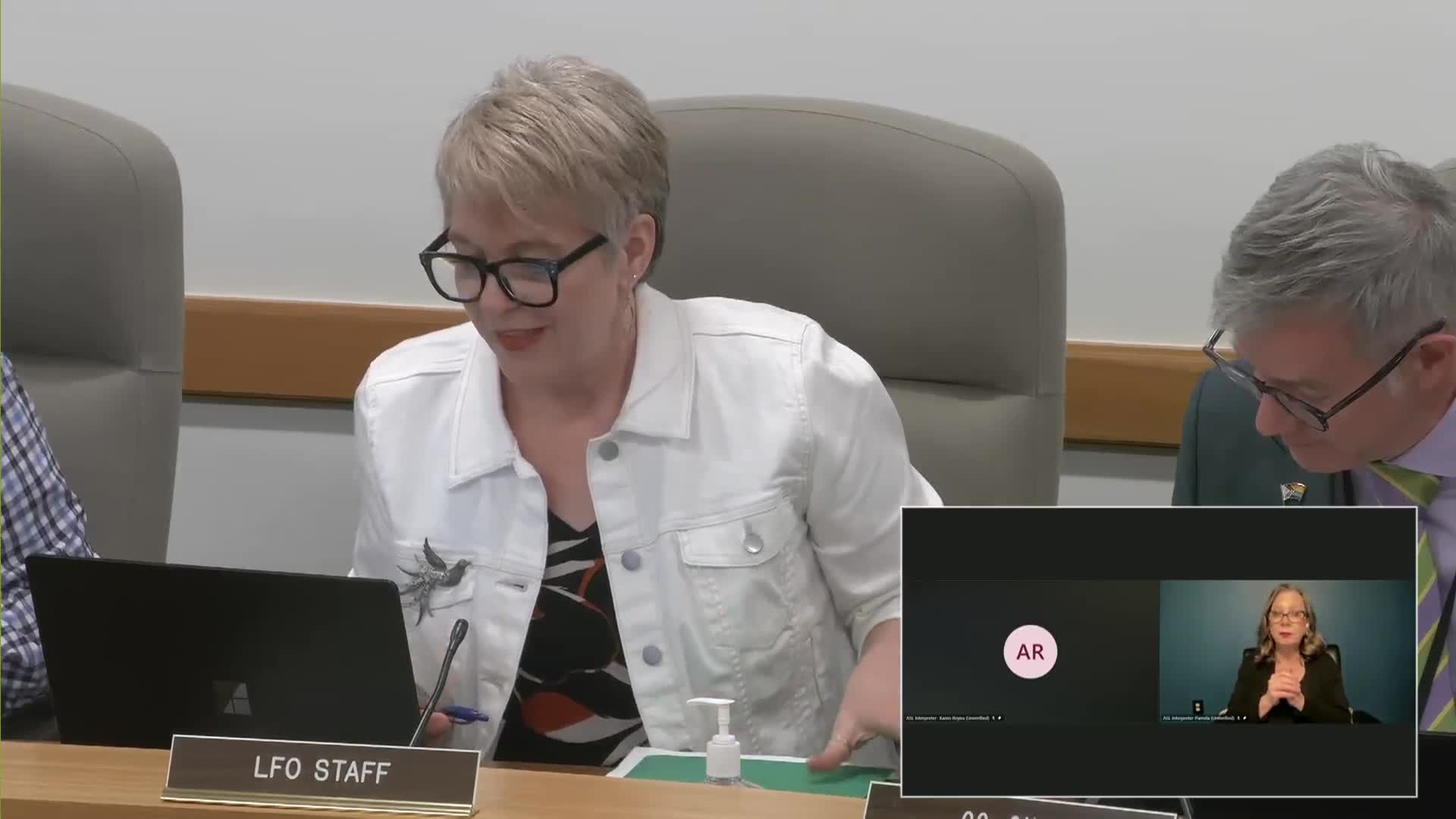
Subcommittee approves LIFT‑funded pilot to acquire or construct factory‑produced homes for up to five recipients
